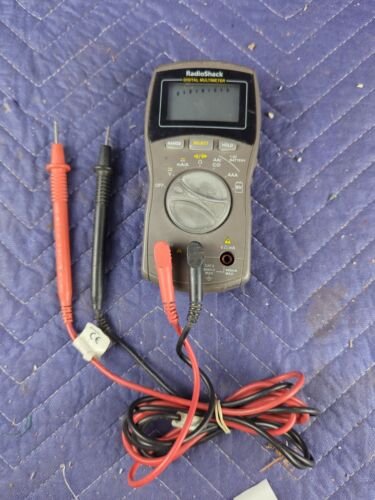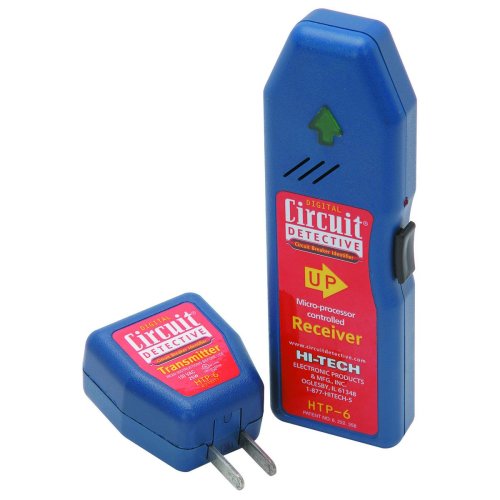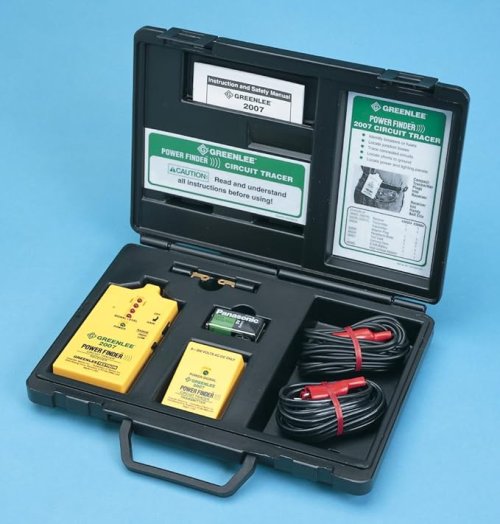88bmwjeff
SF Bay Area
So, I'm in the market for a new volt/multi meter. Amazon has a bunch of off-brand ones that do not seem to be that expensive. What are people's thoughts here? Choose one with a relatively high rating, or continue searching for one at an alternate store. Does anyone have any suggestions for one? Thanks in advance.




